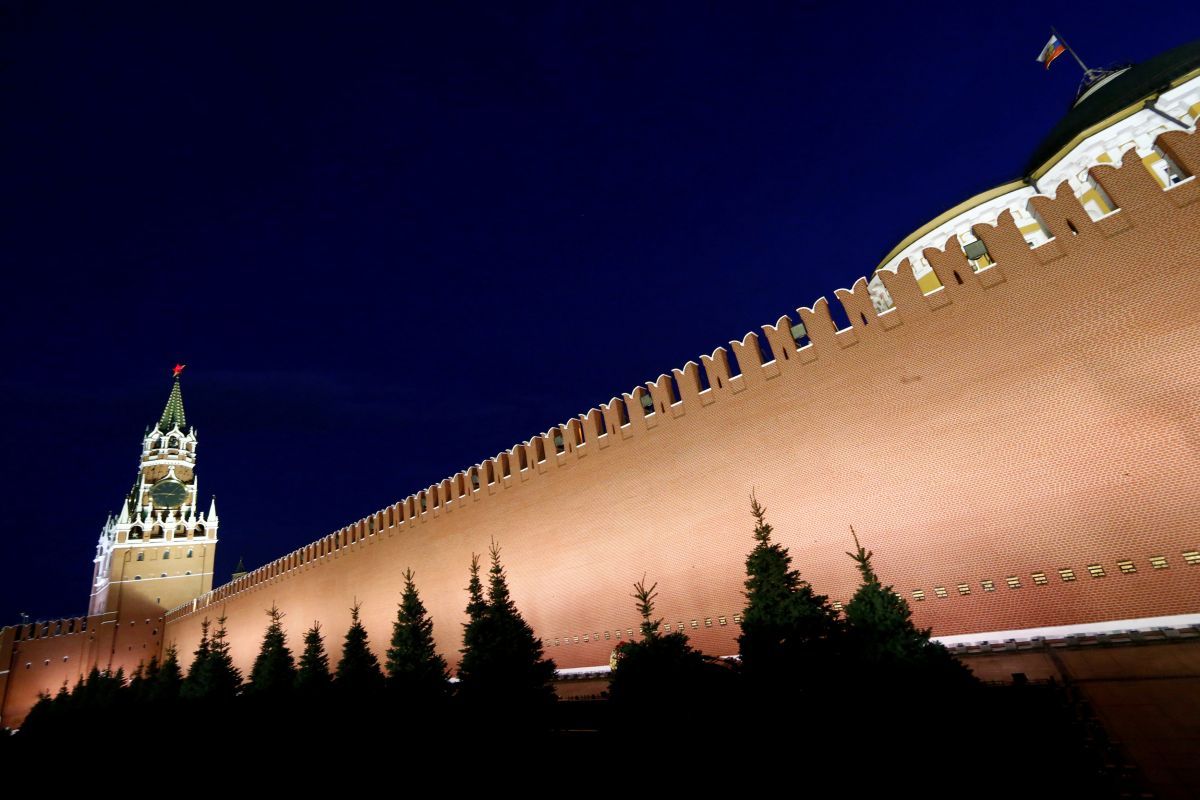
The private security industry is a major sector in Russia, but private military companies (PMCs), those directly involved in fighting in combat operations rather than simply guarding people, goods and facilities, remain outside of Russian law, Open Democracy reports.
ChVK (Private Military Company) Wagner, despite having offices in St Petersburg and a training camp on the grounds of a Russian commando base in southern Russia, has managed to thrive, perhaps because its main client has been the Russian state and its Syrian ally.
Wagner is simply the latest expression of an evolving policy, Galeotti believes. Back in 2011, Putin himself suggested that “these kind of companies are a way of implementing national interests without the direct involvement of the state.”
From the outset, it was clear that the aim was a structure financed through private contracts, but essentially there had to be a deniable instrument for the state. Then came the Ukraine conflict. When the “polite people” took over Crimea in 2014, they did so assisted by a motley crew of turncoat cops and gangster-gunmen “local self-defence auxiliaries”. Then the undeclared partly-proxy war in the Donbas saw mercenaries, adventurers, Cossacks, opportunists and nationalists formed into militias, which made up with deniability what they often lacked in battlefield effectiveness. (Notably, when it looks as if government forces are about to make a breakthrough, it is Russian regulars who are surged in to turn the tide, according to Galeotti).
Read alsoOver 500 Russian mercenaries, who earlier fought in Donbas, now taking part in Syria warIn a bid to combine effectiveness and deniability, the GRU (military intelligence) and FSB (Federal Security Service) experimented with pseudo-mercenary forces. In 2014, the GRU dispatched the Vostok Battalion, initially drawn largely from North Caucasus veterans, to assert Moscow’s authority in Donetsk. Meanwhile, many Russians with combat experience were hired in ones, twos, and tens, to be commanders, technical specialists, trainers and front-line fighters.
In 2015-2016, Wagner was deeply involved in combat operations in Syria. As Fontanka’s Denis Korotkov reported, Wagner had apparently almost 2,000 fighters at peak, carrying out duties ranging from guarding strategic facilities tospearheading attacks when the Syrian forces and their Hezbollah confederates were deemed to need bolstering, such as the March 2016 drive on Palmyra. As such, they were well-trained, well-armed and well-regarded. They also took substantial losses, but part of the reason for outsourcing ground fighting to Wagner, however thin the fiction that it was a mercenary rather than government force, was precisely so that the Russian government would not have to report casualties. This was, the line went, nothing to do with them. Although this didn’t stop the Russian government was awarding several of them military decorations.
Read alsoRussian "vets" of Ukraine war see no hero’s welcome back home – journalistThe true currency of Russia is not the rouble, it is political favour. Without it, today’s millionaire risks becoming tomorrow’s convict. With it, though, even the least effective entrepreneur can become rich on preferential contracts and by cannibalising his rivals. To this end, this is a system full of “political entrepreneurs” who generate initiatives which they believe will please the Kremlin, in the hope of future gain, or who willingly seek opportunities to be of use. A demigarch like Konstantin Malofeev — the man who brought Igor Strelkov to Crimea and has been accused of being a Kremlin agent of influence in the Balkans — does so both out of conviction and because of the potential political advantage.
Thus, a company like Wagner is simply an extreme example of the prevailing “hybrid business” model. It looks like a private sector body, and sometimes it will act as such, but whenever it is needed by the state, it is pressed into service. However, it is crucial to remember that this goes both ways. It is not simply that Russian state assets are plundered by the kleptocrats, but that there is a more pervasive assumption that state resources are available for private sector gain. Whether this means misusing intelligence materials to win a contract orpressurize a rival, or diverting troops to build a road to a holiday resort, what is corruption in law is commonplace in practice.
The use of intelligence and military contractors has been problematic for the west, leading to badly-controlled operations and poaching of expensively-trained personnel by the private sector. That is, at least, subject to a degree of public scrutiny and legal accountability, if hardly enough. In Russia, without even these inadequate safeguards, Putin’s eager outsourcing of his geopolitical adventurism further privatizes his own state from under him.

